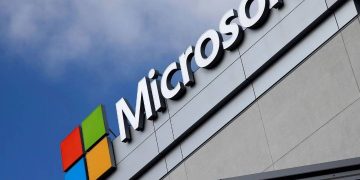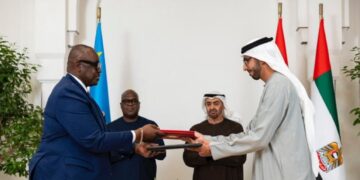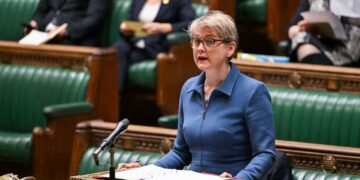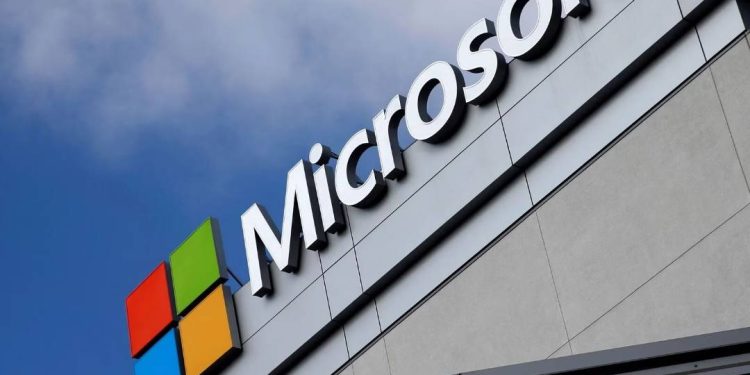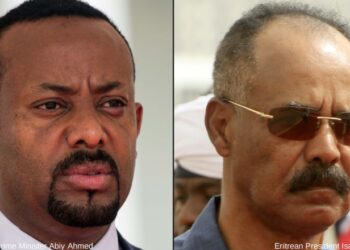By Ebi Kesiena
Microsoft has estimated that artificial intelligence could inject over $1.2 trillion into Africa’s economy by 2030, marking a major step for the continent to evolve from a consumer of technology to a creator of globally competitive innovation.
In an article, Country Manager for Microsoft Nigeria, Abideen Yusuf, said AI holds the potential to reshape Africa’s economic future, much like the mobile and cloud technology revolutions did in recent decades.
“According to PwC’s Global Artificial Intelligence Study, AI will contribute more than $1.2tn to Africa’s economy by 2030,” Yusuf said. “Harnessing local skills, ideas, and innovation, African entrepreneurs and companies can stoke the fires of a global AI economy.”
He explained that Africa’s ability to benefit from this technological shift rests on deliberate investments in digital infrastructure, skills, and entrepreneurship. Microsoft, he noted, is already working toward these goals through initiatives such as the Microsoft Founders Hub and the AI National Skilling Initiative.
According to him, the journey toward an AI-driven economy builds on previous milestones, from mobile to cloud computing, that expanded access to digital tools and created opportunities for millions. AI, he added, represents the next leap, with even greater potential to drive inclusion and innovation.
Microsoft has been a key player in laying the foundation for this transformation. The company became the first hyperscale cloud provider to establish an enterprise-grade data centre region in Africa, with Edge Nodes in Nigeria and Kenya designed to enhance network performance and access to cloud services.
“Our investments into data centres and edge nodes are part of a long-term commitment to ensure African businesses can leverage AI responsibly and securely, infrastructure remains at the heart of AI transformation, but so do skills and partnerships.” he said.
He also noted that integrating AI into mobile technology is turning smartphones into intelligent, adaptive tools, while governments and businesses across Africa are combining 4G, 5G, AI, and IoT to improve productivity and public service delivery.
Microsoft’s partnership with the NVIDIA Inception Programme is helping African startups create innovative AI solutions to local challenges. Yusuf mentioned emerging firms such as Wall-X and CoTrust Equity, which use AI to offer tailored financial services, and others like Terragon, Trucki, and ICE Commercial Power, applying AI in marketing, logistics, and clean energy.
Yusuf however noted that with the right infrastructure, investment, and policy framework, Africa could emerge as a global exporter of AI-driven solutions, creating jobs and driving sustainable growth across the continent.
